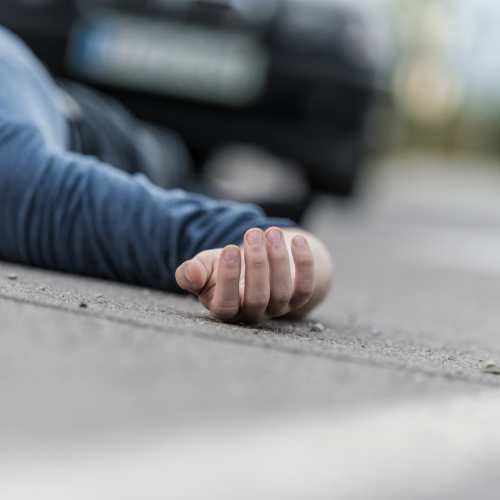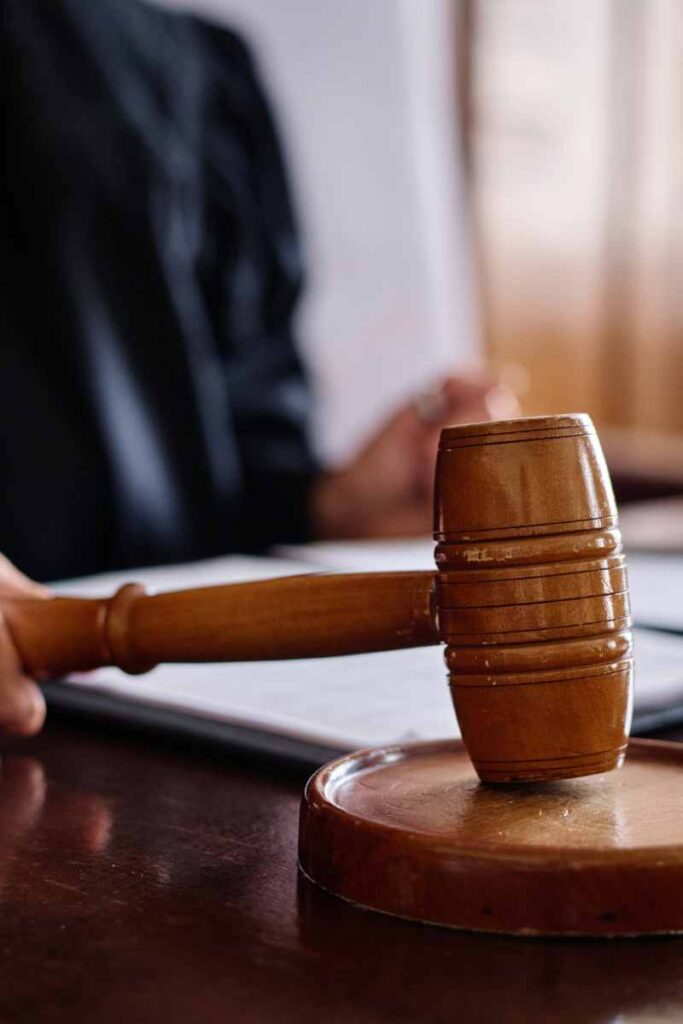Hit-and-run accidents are a growing concern in Florida, with thousands of cases reported every year. In response, Florida lawmakers have enacted stricter penalties and new legal provisions in 2025 to curb this dangerous crime and protect victims. Whether you’re a driver, pedestrian, or cyclist, understanding these changes is crucial to staying informed and knowing your rights.
At McGuire Megna Attorneys, we are committed to helping accident victims and their families navigate these legal updates and seek justice. In this blog, we’ll cover:
- Florida’s 2025 hit-and-run law changes
- How penalties have increased for offenders
- What to do if you’re the victim of a hit-and-run
- How a personal injury lawyer can help you recover compensation
Let’s dive into the details of these important legal changes and how they impact Florida drivers.


Hit-and-Run Accidents in Florida: A Growing Problem
A hit-and-run accident occurs when a driver leaves the scene of a crash without stopping to provide assistance or exchange information. These accidents often leave victims with serious injuries, property damage, and little recourse—especially if the at-fault driver is never found.
In 2024 alone, Florida reported over 100,000 hit-and-run crashes, with many involving pedestrians, cyclists, and motorcyclists. Law enforcement and lawmakers have been pushing for stricter penalties to reduce the number of drivers fleeing accident scenes and ensure justice for victims.
With the new 2025 hit-and-run law changes, penalties are now more severe, and law enforcement agencies have been given new tools to track and prosecute offenders.

Florida’s 2025 Hit-and-Run Law Changes
The 2025 Florida legislative session introduced several key updates to hit-and-run laws, including:
1. Increased Criminal Penalties for Fleeing the Scene
- First-time offenders now face harsher fines and longer jail sentences.
- Leaving the scene of a crash involving injury is now classified as a second-degree felony (previously a third-degree felony).
- If a hit-and-run results in a fatality, offenders now face a mandatory 10-year prison sentence.
2. Stricter License Suspensions
- Drivers convicted of a hit-and-run will face an automatic license suspension of up to 5 years, even for minor crashes.
- Repeat offenders may face a lifetime driving ban.
3. Enhanced Use of Traffic Cameras & Surveillance
- Law enforcement agencies are now authorized to use traffic cameras and automated license plate readers to identify and track fleeing drivers.
- This new system aims to increase arrest rates for hit-and-run offenders.
4. New Requirements for Leaving Accident Scenes
- Drivers involved in any crash (including minor fender benders) are now legally required to call 911 and wait for law enforcement to arrive if another person is injured.
- Failing to do so—even if medical attention is not immediately needed—can now lead to criminal charges.
These changes reflect Florida’s zero-tolerance approach toward hit-and-run accidents in 2025.
What to Do If You’re the Victim of a Hit-and-Run
If you or a loved one has been involved in a hit-and-run accident, here are the critical steps to take:
1. Call 911 Immediately
- Report the accident to law enforcement and request medical assistance if needed.
- Provide as much information as possible about the fleeing vehicle (make, model, color, license plate, etc.).
2. Seek Medical Attention
- Even if you feel fine, get checked by a doctor. Some injuries (like concussions or internal bleeding) may not show symptoms right away.
3. Gather Evidence at the Scene
- Take photos and videos of the accident scene, vehicle damage, and any injuries.
- Speak to witnesses and ask for their contact information.
4. Check for Nearby Surveillance Cameras
- Look around for security cameras or traffic cameras that may have recorded the accident.
5. Contact an Experienced Hit-and-Run Lawyer
- A personal injury attorney can help you file an insurance claim, track down the at-fault driver, and fight for compensation.
If the at-fault driver is not found, you may still be able to recover damages through your own uninsured motorist coverage.
Compensation for Hit-and-Run Victims in Florida
If you’ve been injured in a hit-and-run accident, you may be entitled to compensation for:
- Medical expenses (ER visits, surgeries, rehabilitation)
- Lost wages and future earnings
- Pain and suffering
- Vehicle repair or replacement
- Wrongful death damages (if a loved one was killed in a hit-and-run)
At McGuire Megna Attorneys, we work aggressively to secure maximum compensation for our clients and ensure that justice is served.
Contact McGuire Megna Attorneys Today
If you or a loved one has been injured in a hit-and-run accident, don’t wait to seek legal help. The Clearwater personal injury lawyers at McGuire Megna Attorneys are ready to fight for you. Call us today for a free consultation!
Frequently Asked Questions
If the accident involves injuries, a hit-and-run is now a second-degree felony with up to 15 years in prison. If it results in death, offenders face a mandatory 10-year prison sentence.
Call 911 immediately and provide details about the fleeing vehicle, including its make, model, color, and license plate number if possible.
Yes. You may file a claim with your uninsured motorist (UM) coverage, which covers hit-and-run accidents in Florida.
Under Florida law, you have two years from the date of the accident to file a personal injury claim.
It depends on your policy. Uninsured motorist (UM) coverage and collision coverage can help cover damages.
Yes. Florida’s 2025 law expansion allows law enforcement to use automated license plate readers and traffic cameras to track fleeing drivers.
You could still face criminal charges. It’s best to contact an attorney immediately to discuss your options.
Yes. A personal injury attorney can help track down the at-fault driver, negotiate with insurance companies, and fight for the compensation you deserve.
